Mozambique: New institute to manage public works
Mozambique: ADIN shares its vision with UN agencies representatives
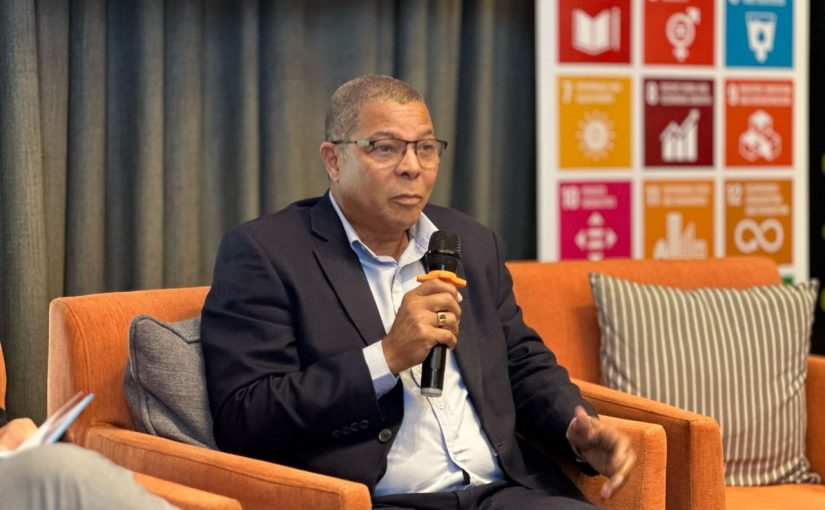
The representatives of the United Nations Agencies present at the meeting raised several questions to clarify the path to follow in the context of their work in the north of Mozambique, highlighting the need to establish a distinction between organizations working in the humanitarian area and those working in the development area, and also sought clarification on aspects of coordination between the various levels of government, from the district and provincial levels to the Secretary of State, and on the framework for the coordinating role played by ADIN. [Photo: ADIN]
The Integrated Agency for the Development of Northern Mozambique (ADIN) shared its vision on the development of the north of Mozambique at a meeting which brought together the United Nations agencies operating in the country.
The President of the Executive Committee of ADIN, Jacinto Loureiro, in response to the invitation made by the United Nations Resident Coordinator, Catherine Sozi, presented ADIN’s perspectives and explained to those present a ADIN’s role in the context of the new statutes and the strategy to be adopted in the process of coordinating development projects.
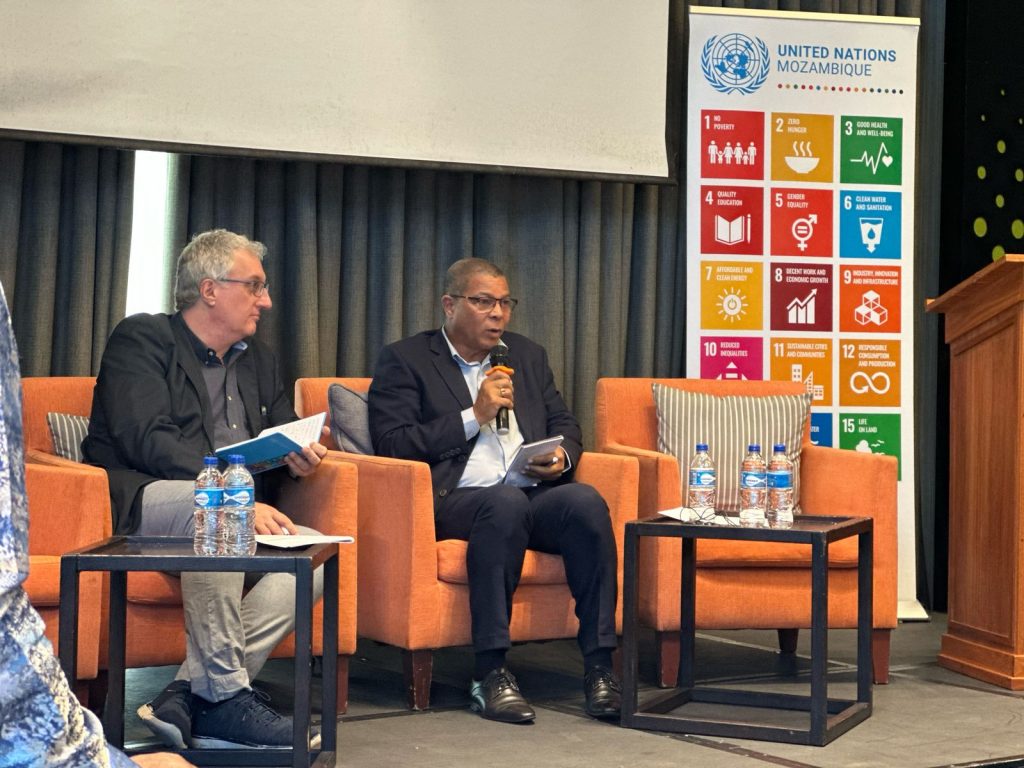
At the meeting, held on Tuesday last week, Jacinto Loureiro referred to the history of ADIN’s creation and the adversities it faced over its first four years, including the limitations that led the government to understand the need to renew ADIN’s structure for a new mandate, with updated and reinforced attributions.
Coordination of all projects in northern region
According to the President of ADIN, when the Integrated Agency for the Development of Northern Mozambique was created, there were always expectations that ADIN would be more involved and coordinate all projects, but there were no instruments to this end, which “both on the part of the government and the partners led to the realization that there was a lack of a strong entity with the responsibilities and structure to coordinate all projects in the northern region”.
“This lack of coordination led to overlapping actions, interventions were isolated and without the desired impact,” lacking a better coordination mechanism that would allow for holistic intervention. “All of this led the government to approve the new ADIN Decree with the new responsibilities and competences,” Loureiro explained.
The representatives of the United Nations Agencies raised several questions to clarify the path to follow in the context of their work in the north of Mozambique, highlighting the need to establish a distinction between organizations working in the humanitarian area and those working in the development area, and also sought clarification on aspects of coordination between the various levels of government, from the district and provincial levels up to the Secretary of State, and on the framework for the coordinating role played by ADIN.
READ: Mozambique: Government centralizes control of NGOs’ funding – Notícias
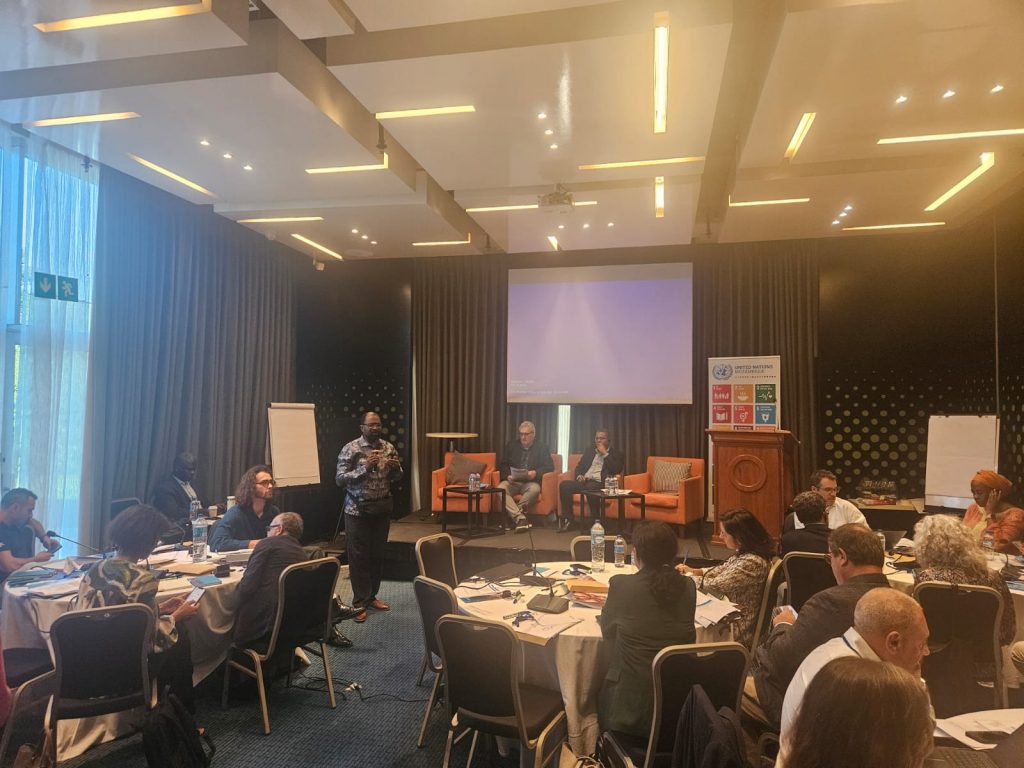


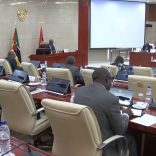

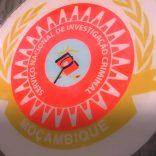

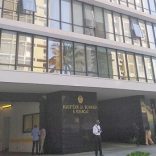





Leave a Reply
Be the First to Comment!
You must be logged in to post a comment.
You must be logged in to post a comment.